Friday, August 18, 2017, 3:59pm
A new form of environmental credit could play an important role in improving Great Barrier Reef water quality and expanding the reach of carbon credit projects in Queensland.
GreenCollar, the largest carbon offset company in Australia, has for some time been working on a proposed water quality credit that could be earned by projects in Great Barrier Reef catchments.
Projects would earn the Reef credits by reducing flows of sediment, nutrients or pesticides into waterways.
GreenCollar chief executive James Schultz told Footprint his company had worked on the concept with natural resource management groups, particularly Terrain, which operates in the Wet Tropics.
The Queensland government has been closely involved in developing the proposal and the federal government is also being also kept informed about the work, he said.
GreenCollar already has a solid working relationship with the Queensland government through a partnership established in April last year to work on ERF projects that also reduce harmful run-off into the Reef.
Schultz said the Reef credits scheme would initially operate on a voluntary basis, with mining companies, tourism operators, shipping companies and airlines among the potential buyers.
However, it could evolve into a compliance scheme, he said.
Providing a way for private companies and investors to support water quality projects would deliver a “sustainable financing mechanism for clean water for the Reef” as an adjunct to whatever money governments provide, Schultz said.
As with the existing carbon credits scheme, rigorous standards and an independent administrator – such as Terrain – would be important, he said.
Like the ERF, the scheme would need various methodologies defining the range of actions that could earn Reef credits, he added.
Working in tandem with carbon projects
Although Reef credits would not be exchangeable for carbon credits, the two regimes could work in tandem for the benefit of both, Schultz said.
At the moment, preserving, restoring or replanting vegetation for carbon credits makes commercial sense only on land that is marginally viable for grazing or cropping.
Consequently, in many parts of Reef catchments the revenue from carbon credits is “not enough to catalyse the land use change”, he said.
But the capacity to increase revenue by earning both Reef and carbon credits from these projects would make vegetation-based projects a viable alternative for more farmers, he said.
Boost for farm profitability
Terrain chief executive Carole Sweatman told Footprint that the scheme could support wetland projects, revegetation activities and changed farm practices.
These sorts of activities all have the potential to either reduce sediment flows or remove nutrients and pesticides, as well as improving farm profitability she said.
The prospect of being able to reward farmers and other landowners for providing ecosystem services that benefit the community as well as the environment was a significant potential advantage of the scheme, she added.
Projects would be launched soon in the Johnson and Tully catchments to establish wetlands and improve farm practices, providing a chance for real-life testing of potential methods that could earn Reef credits, Sweatman said.
The results of the projects would be closely monitored, she added.
They would provide an opportunity to “rapidly escalate and take to market” a range of projects that can improve water quality, Sweatman said.
Efforts to boost private finance
In recent years, various measures to finance improvements in Reef water quality have been proposed.
Last June, the federal government said it would allocate a tenth of the Clean Energy Finance Corporation’s budget for projects that protect the Great Barrier Reef and fall within its remit of supporting actions that cut emissions.
Target businesses could include canegrowers, graziers and operators of coastal wastewater treatment plants, the Coalition indicated.
Providing a loan to support a Reef credits scheme and in doing so extending the land areas where carbon projects become viable would theoretically appear to satisfy the Coalition’s commitment and the CEFC’s mandate.
That would be particularly timely, given the ERF budget is almost fully committed.
The federal and Queensland governments have also encouraged private investment through the Reef Trust.
A report commissioned by the Queensland government released last year revealed the enormity of the challenge involved in improving water quality in the Reef.
The report estimated meeting 2025 Reef water quality targets would cost $8.2 billion, largely because of the expense of cutting sediment levels.
– this article was originally published the Footprint website, 08 August 2017

